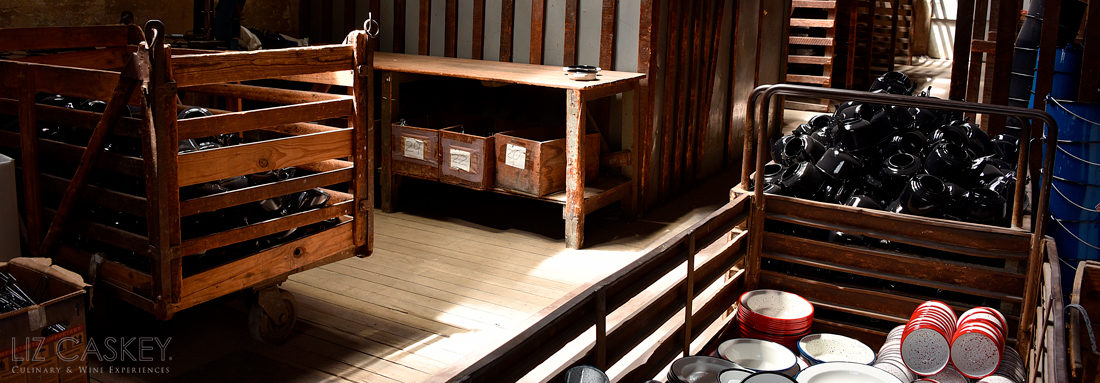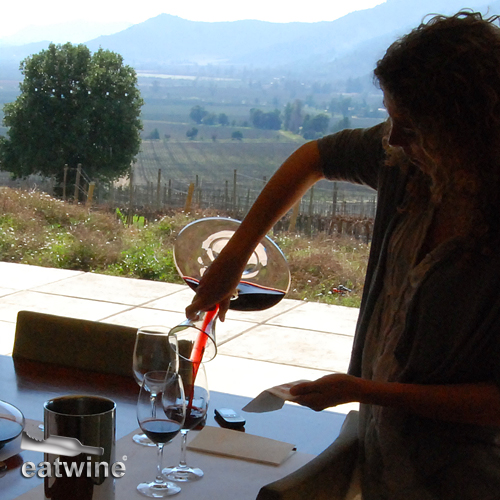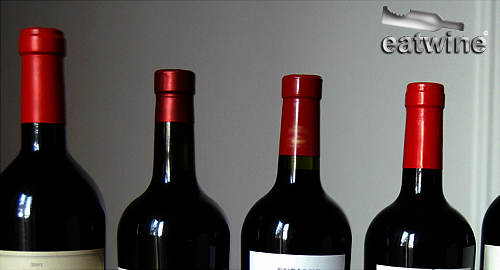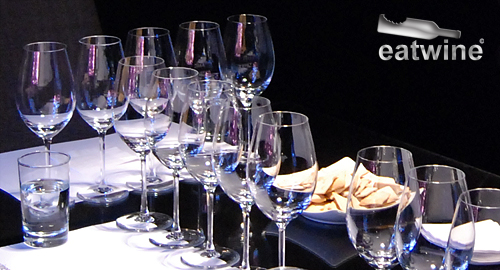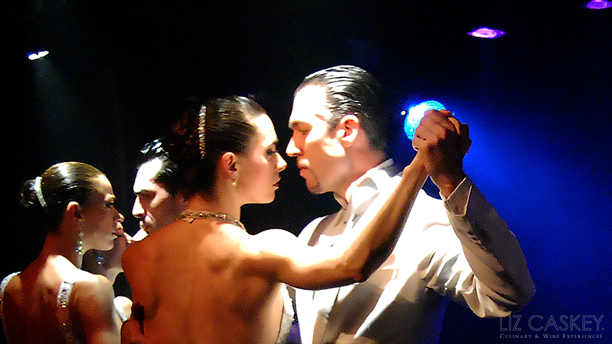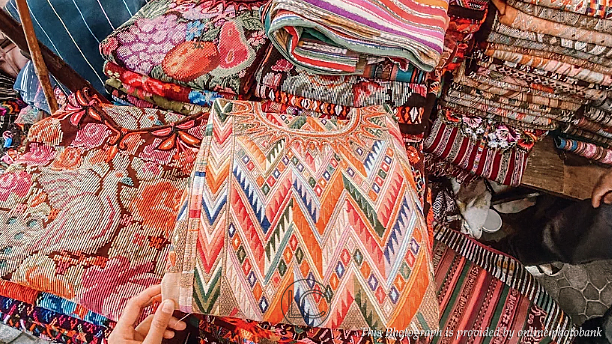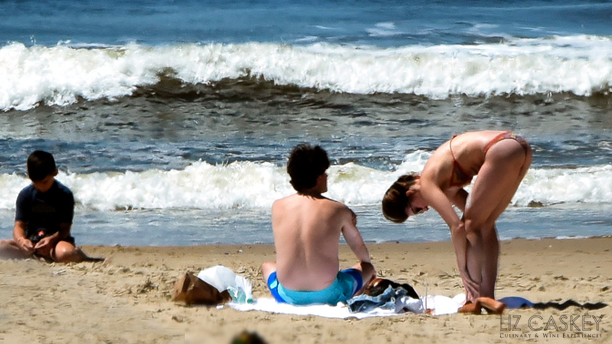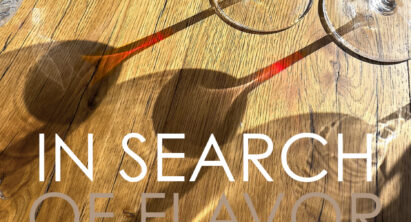I love discovering the nuances of how food and wine pair, tango and play together. However, one topic I rarely talk about (publicly at least), is the concern of entertaining and pairing wine with our guests. I suppose it is a theme few people discuss, as the general consensus is that it hints at wine snobbery. In theory, everyone loves to enjoy a fine wine. But appreciate and “get” what it is? I don’t think that everyone is the right audience for every wine. As wine lovers, we collect and lovingly age special wines waiting for that perfect time to open them. I personally see no sense in squandering a wine, or a cellared jewel, on somebody who simply won’t appreciate it. Wouldn’t that be equivalent of feeding foie gras to your cat?
Before you rise to the comments section below, let me explain. Case in point. A while back, we had some old friends over for dinner. I took several hours to prepare a lovely meal. When they asked what they could bring, I replied, without thinking, “a bottle of red wine.” While they were munching on the appetizer, I opened their wine to let it breathe. To be blunt, it was simply terrible. An over-oaked, unbalanced, tannic green beast that I simply could not bring myself to drink, let alone “pair”. For my taste buds, it would trash the taste of my thoughtfully made dinner.
I was in a quandary.
I did not want to offend our guests yet I realized I had made the blunder in asking them. They were not wine drinkers and had brought the wine to comply with my request. They didn’t appreciate wine. Realizing my error and scanning my options, I came to a solution. I decanted their wine into glass decanter “A”. In a similar decanter, I opened our favorite aged house wine (at that time Paul Bruno Cabernet 2000 from Aquitania) and decanted that into decanter “B”. I kept them in the cool back room to serve from there, safely out of sight.
When seated, I approached the table with decanter “A” to first serve our guests. I feigned forgetting something in the kitchen, swapped decanters and came back to the table to serve my husband and I with decanter “B,” the good stuff. They never knew. In fact, they really enjoyed their wine. While it may seem sneaky, I realized that in this case it was about understanding the intrinsic difference between enjoyment and appreciation of wine. As I sipped our wine, I silently revered in the quiet strength of tannins and refreshing acidity. I savored the freshness of the cassis aromas after nearly 10 years aging with a personality that screamed “Maipo Valley!” I admired its elegance so typical of Aquitania’s wines and the French style of winemaking. Would that have been wasted on these guests? Most definitely. So I simply let them enjoy the wine that was right for them, that they chose. It worked out fine.
Honestly, when it comes to pairing guests and wines, it really does not have to do with the cost of the bottle. It is about not serving a fine wine to an unappreciative audience. The definition of enjoyment is “something that causes pleasure” while appreciation is “awareness of delicate perception of aesthetic qualities or values.” There is a difference.
On another occasion, during a trip in the US, we took a fine bottle of Rothschild Cabernet to my mother’s house to share with her over dinner. After fussing over the serving temperature, since it was July, I made sure it was a perfect 16C to serve into the glasses. I stared aghast as my mother’s (then) boyfriend, got up from the table and popped 3 ice cubes in his glass. I couldn’t cover my horror and let out a gasp. My mother turned and swatted me saying, “well honey, we are not all wine snobs.” Snobbery, Mom? I don’t think so. Would you take a perfectly grilled filet mignon and stick it in the freezer for 30 minutes? Hell no! Once again, it was the pursuit of enjoyment versus appreciation. I had learned my lesson.
So why do wine lovers, like myself, care to serve wines to people who will at the very least make an effort to appreciate them? Admiration. Awe. Reverence. I believe the more you drink fine wine, the more you become struck by its uniqueness and that it has an inherent personality. Fine wine is not Coca Cola. It is more on par with appreciating art, chocolate, espresso, classical music, anything that uses a language to convey an expression. Fine wine does have a language. It transcends being just “taste.” If you can appreciate it and are open to feel it, the wine will tell you a story. It will show you who it is and where it comes from, sometimes from far away corners of the world. It will show you the energy and passion of the people who make it, it will show you what the weather was that year, it will reveal and express itself in the glass and in your mouth—if you stop to appreciate it and listen, humbly. Wine has a structure, a rhythm, like the symphony. And when you have a wine like this, naturally, you want to share that with like-minded guests. What’s so bad about that?
